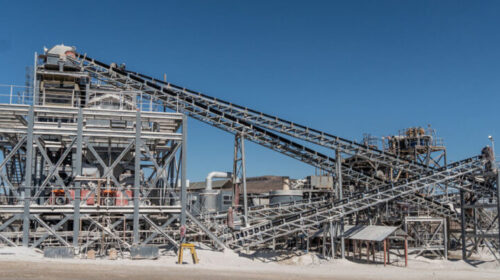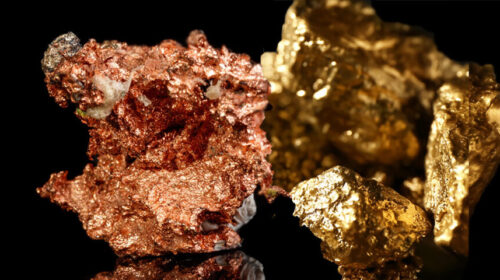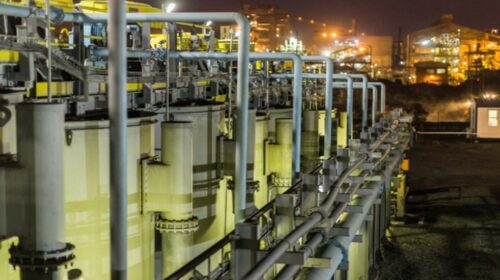Copper Demand Remains Strong Despite EV Sales Slowdown
The demand for metals like copper, critical for electric vehicles (EVs), remains strong despite concerns over slowing EV sales, according to Tom Mackay, head of refined metals at commodity trader IXM. However, forecasting demand remains challenging as the market is still evolving.
EV sales have slowed due to several factors, including inadequate charging infrastructure and concerns over resale values. “The electric vehicle industry is still in its early stages, with many variables such as penetration rates and battery chemistries, making accurate demand forecasting difficult,” Mackay explained.
Despite the slowdown, EV sales continue to grow, albeit at varying rates across regions. “Overall, growth in the EV sector remains strong, and the demand story for metals like copper is healthy,” Mackay added.
According to consultancy Rho Motion, sales of battery EVs and plug-in hybrids increased by 32% last year, reaching 13.63 million units.
However, sales in the first and second quarters of this year showed mixed results, down 25% in the first quarter but up 22% in the second compared to previous periods.
Copper is essential in EV wiring and is also used in batteries, alongside metals like lithium, nickel, and cobalt, depending on the battery chemistry.
Recent technological advancements in lithium iron phosphate (LFP) batteries, commonly used in China, have significantly improved performance. “Some LFP batteries can now achieve up to 1,000 km of range and charge up to 80% in just 10 minutes,” Mackay noted.
LFP batteries were initially developed as a cheaper alternative to nickel-cobalt-manganese (NCM) batteries but were less suited for long distances.
However, Mackay believes that NCM batteries will likely remain dominant in Western markets due to their higher recyclability value. “Recyclability is a critical factor for automakers when choosing battery chemistries,” he said.
Mackay also highlighted changes at IXM, noting a global workforce reduction to around 440 employees, with the focus now on quality over quantity.
The company exited the aluminum business due to insufficient returns, reallocating resources to more profitable ventures.
96 total views , 1 views today





